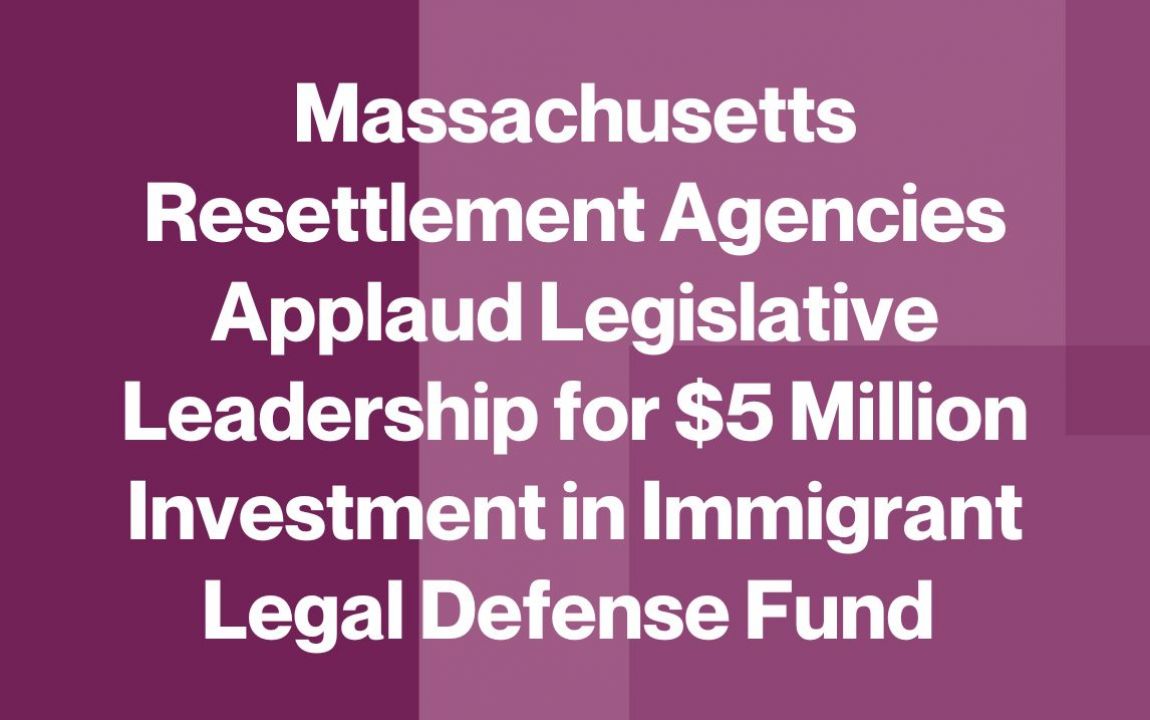Virtuous Cycles: Donated Bikes Help Refugees Move Forward
Among the many challenges refugees face in the U.S., transportation access can be particularly daunting. It takes a long time to afford a car, and as many New England commuters know all too well, public transportation has its limitations. If refugees live too far away from potential jobs and community resources, they can feel stuck.
The solution comes on two wheels. Here’s how philanthropic bicycle enthusiasts in three communities are turning their passion into crucial support for their newest neighbors.
Queen City Bikes, Manchester, NH
“Transportation’s tough,” says Henry Harris, Managing Director of IINE’s Manchester, New Hampshire office. “It’s hard to get a car when you you’re starting over. You don’t have any credit, and before you have a job, if you do have any resources, they have to go into food and basic necessities. In a lot of the neighborhoods where our clients live, there are no jobs nearby and it can be hard to even get to the grocery store. We have a bus system, but it essentially goes around in a big circle without reaching anywhere you want it to go.”
To help mitigate this challenge, IINE encourages carpooling and offers volunteer-led driver’s education classes. Eligible clients are enrolled in the Individual Development Account (IDA) program, which teaches financial literacy, helps clients set up savings accounts, and provides matching funds for major purchases (like cars). But all of these opportunities are limited, and frustratingly, several new state laws have recently been proposed that would make it more challenging or even prohibitive for refugees and immigrants to get licenses.
Henry sees these laws as incredibly self-defeating for New Hampshire, as employers want new arrivals to be able to reach them for work, retailers want new consumers, and the DMV wants to make sure that anyone on the road has been properly trained.
“We do work hard to try and make sure legislators understand the harm of these proposed changes,” says Henry. “Right now I think New Hampshire is just sort of caught up in the whirlwind.”
In the meantime, Queen City Bicycle Collective has been a lifeline for many of IINE’s Manchester clients, and many other locals who would not otherwise be able to afford and maintain quality bicycles.
“About one hundred of our clients have gotten bikes from there,” says Henry, “and a lot more will. Every bike you see in our community, if someone’s riding it, it probably came from there.”
To engage the city in helping more residents to get pedaling, they collect donations of high-quality bicycles from residents; refurbish them; offer open garage time, tools, and guidance to help others get tuned up; and sell packages of affordable bicycles, helmets, locks, and ongoing maintenance services for extremely affordable rates.
Henry says that the benefits have been huge for IINE clients and have even offered some unexpected positive results. “We had one client with persistent health challenges who at first, was just grateful to be able to get around and then told us that his diabetes symptoms had dramatically improved because he was biking everywhere. That one was cool.”

Abby Easterly, a retired Business Management Consultant who is QCB’s founder and board treasurer, explains that the idea for the collective actually came from her previous work as a volunteer at IINE, where she first supported a wave of Somali refugees, and then years later, a large group of Afghans who were suddenly evacuated from their country after the resurgence of the Taliban in 2021. Abby had since learned about bicycle collectives in other cities and saw the model as ideal for refugees.
“Refugees often arrive without the ability to drive, and do need to get to work, and New Hampshire’s painfully bad at public transportation,” she explains. “Bikes provide not just that for work. They also allow you to get to the grocery store, to get to friends’ houses, to meet up after work, or go wherever you need.”
Abby says that one of her proudest moments with QCB has been hiring one of IINE’s Afghan clients. “We hired Isatullah as a young mechanic and trained him. He was great mechanic for us. It was actually very helpful also because he could help with interpreting.”
Creating a space for community engagement between newcomers and their neighbors is a crucial part of the mission.
“I wish there were more ways people got to know immigrants,” Abby says. “Really that’s the point of the collective even more than putting people on bikes. Bikes are a common thread, and if you can find more common threads that get people to naturally work and be together, I think you don’t have to teach people about refugees, you can just create great situations.”
Rozzie Bikes, Roslindale, MA
In Greater Boston, everything seems to come back to affordable housing challenges—including access to reliable transportation.
“We tend to resettle refugees within a pretty wide radius around Boston because obviously rents are cheaper further out,” explains IINE Community Services Manager Leslie Schick, “but then that comes with the downside that public transportation is not as good or as available. I have one client who works in the public school system in Sharon. The school system is closed in the summer, so she needs another job, but that requires transportation, and Sharon just does not have good public transportation. I have another client who takes the bus to work, but the bus does not go all the way to her house. It’s times like these when I send out a distress call to Ron and Alan.”
Who is this dynamic duo? It’s Ron Beland and Alan Wright of Rozzie Bikes (short for Roslindale Bicycle Collective).
Leslie connected with Alan back in 2021 through their mutual involvement with local non-profit, Bikes Not Bombs. At the time, Leslie was posting on social media about IINE’s need for donated bicycles, particularly for newly arriving Afghan refugees, and she was collecting them without a great place to store them. Many of the donated bikes also arrived badly in need of a tune-up. Leslie was introduced to Alan as a crack mechanic who was willing to donate his services. What she didn’t know was that his connection to IINE’s mission runs deep. Earlier in his life, Alan had spent a significant amount of time at a refugee camp in Thailand. There he had worked with Hmung refugees who had fled Laos after being targeted for aiding the U.S. military during the Vietnam War. Helping refugees access quality bicycles combines two of his passions.
“In my life I’ve always been fixing up bikes for people and giving bikes away when I’ve had the opportunity,” he says. “But once the introduction to Leslie started, then it really took off. Those first two years we were giving away at least a bicycle a month, maybe two or three.”
Rozzie Bikes is a collective of about thirty (mostly retired) bicycle enthusiasts dedicated to promoting cycling as an environmentally and economically friendly solution for urbanites, which, they note, is underutilized in our culture compared to many others around the world. They collect used bikes, repair and tune them, deliver them to IINE’s refugee clients—and others in need—and help them learn to ride safely.
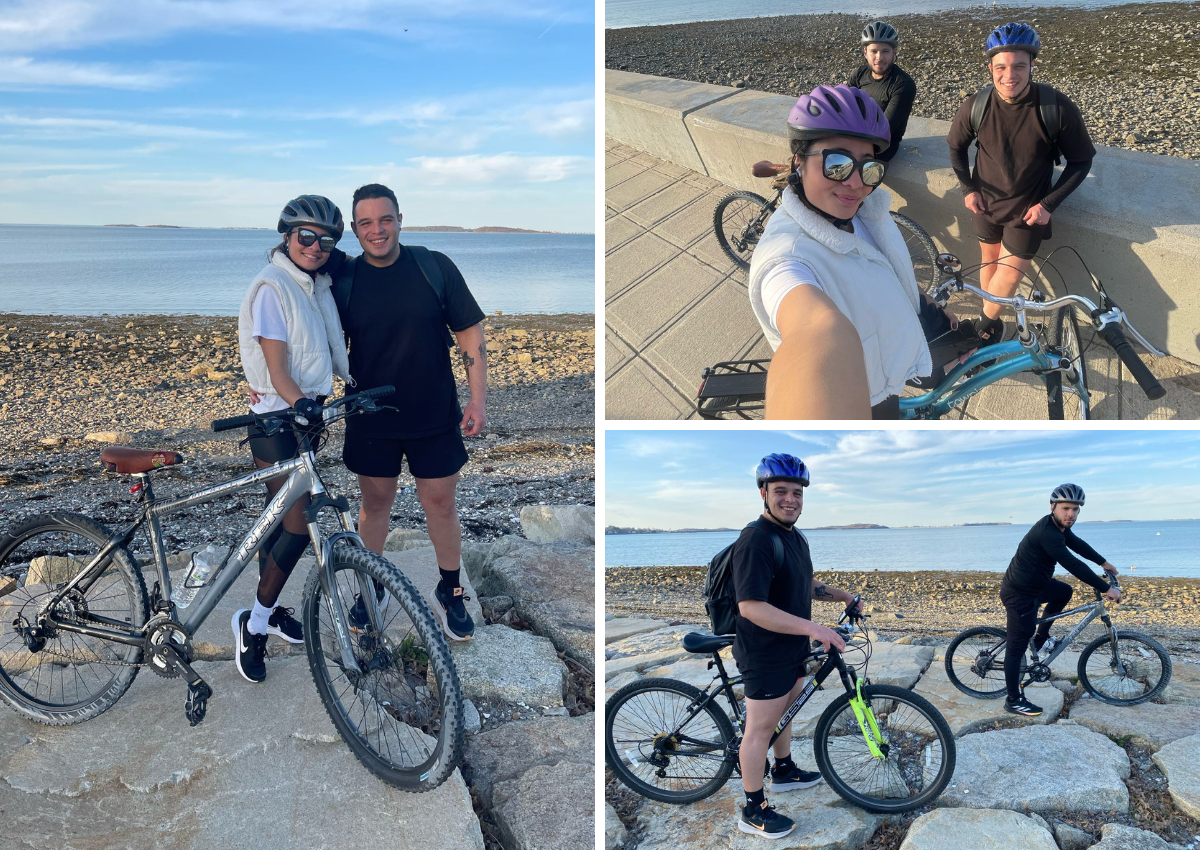
For Leslie, personal delivery to clients is particularly important: “I think it means the world to them that here comes someone delivering everything, the bike and the helmet and the lock and the light, showing them how to use it etc., and they form a connection as well.”
These connections also mean a lot to Alan. He remembers one in particular.
“There was this one group—three guys living in Mattapan who had arrived only a few weeks earlier, and were eager to get out into the city, so I brought all three of them bicycles. They didn’t have any sense of where in Boston they were. So I said, well, let’s go for a bike ride. They were just blocks away from the Neponset River bike trail that runs from Mattapan Square all the way to South Dorchester. So off we go, and they were just so happy to be out and to see the ocean and harbor, to see a park, to see the trolley line that runs along the river, to see that they could go out into the city on bicycles. It was just the unlocking key, if you will. That was a very special moment.”
The Bike Connector, Lowell, MA
Wade Rubenstein had run an innovative afterschool bike program in Lowell that included an “Earn-A-Bike” system; if students learned how to refurbish used bicycles, they could keep a bike they fixed for free. The program was so successful and satisfying that he decided to upscale it into a bicycle shop, repair studio, and riding collective that could serve the whole city: The Bike Connector.
Around the same time, Wade was volunteering in IINE’s ESOL classrooms when something struck him.
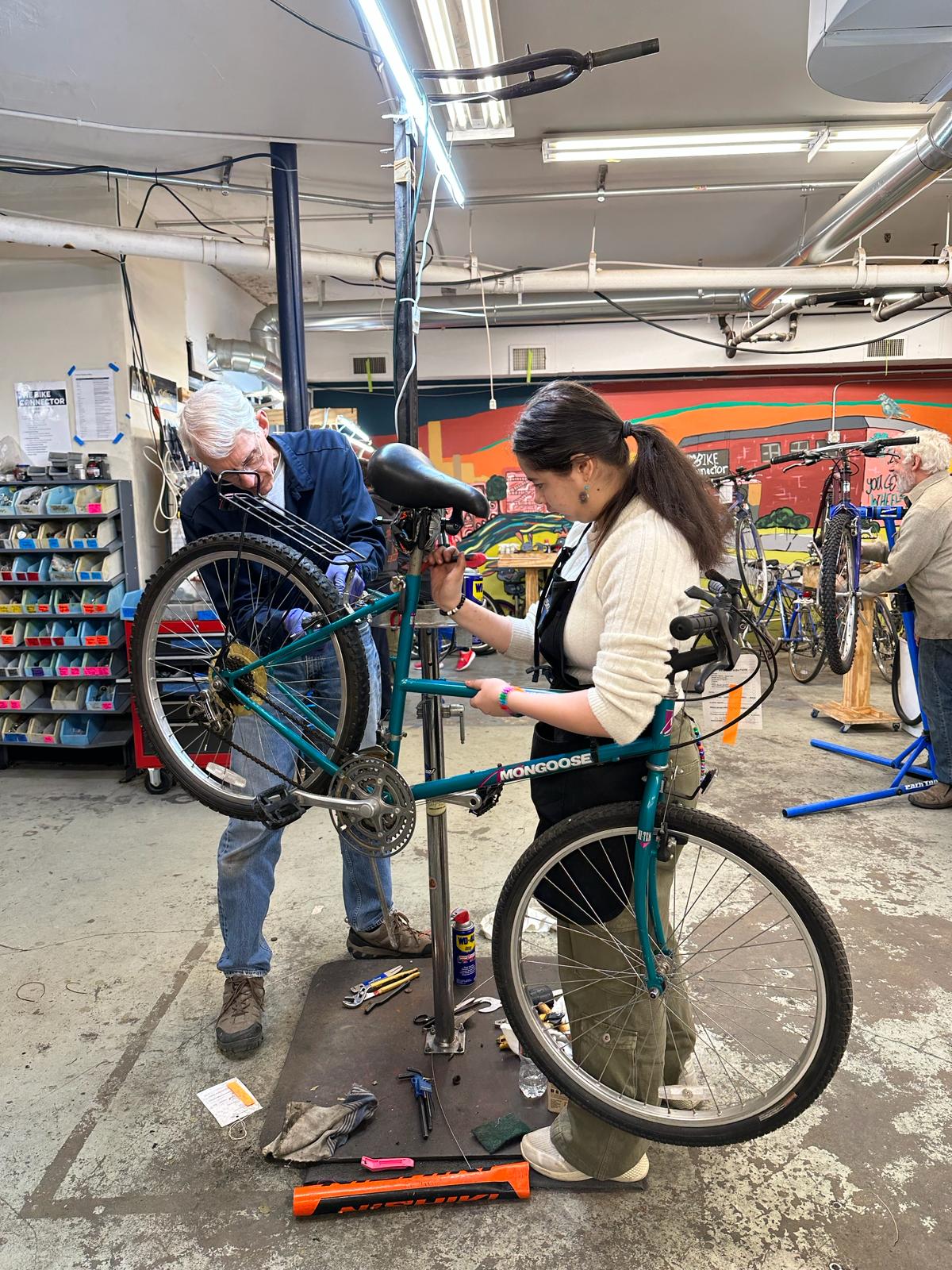
“I noticed that many of IINE’s clients rode bikes. There was a clear need: bikes are an inexpensive means of transportation, don’t require a license, and are faster than walking. But often, the bikes the immigrants were riding were unsafe; they were broken, mis-sized, and at times, literally pulled out of the city’s canals.”
In one such case, he learned of Ungaye, a remarkably driven student from the Democratic Republic of the Congo in IINE’s Refugee Youth Mentoring program who was working to qualify as a medical interpreter and enroll in college. Ungaye had been getting around on a bicycle he had recovered from a canal only to lose it to a bike thief because he hadn’t had a lock.
Wade decided to donate a bike to Ungaye. It would mark the beginning of something special.
“I began donating bikes to the ESOL students, and over time, the relationship between our organization and IINE grew. We’ve given bikes to Haitian and Central and South American immigrants, Ukrainian refugees, and Afghan refugees. IINE’s Case Managers bring their clients to us, and we get to be some of the first folks they meet in this country. In addition to providing bikes, we provide maintenance support so people can stay on their bikes. We also work closely with IINE’s refugee youth clients to teach them bike safety and the rules of the road.”
As Wade’s bond with Ungaye deepened, he hired him to work part-time at Bicycle Connector. Last year, Wade was introduced by Ungaye when he was honored by IINE at a celebration of World Refugee Day. In Wade’s remarks, he reflected, “Ungaye was the first bike I awarded to someone here in Lowell. Last week we just gave away our 5,000th bike.”
Later last year, Wade joined IINE’s Board of Directors. His connection to IINE’s mission runs deep. He is himself the son of refugees and has said that his parents’ journeys have “shaped me in a foundational way.”
As his support for IINE’s clients has expanded, Wade is still connecting refugees, immigrants, and other Lowellians in need to bicycles—and through them, to independence, community access and freedom.
IINE’s work is only possible with the support of dedicated, compassionate volunteers. View opportunities to get involved.
Related Articles
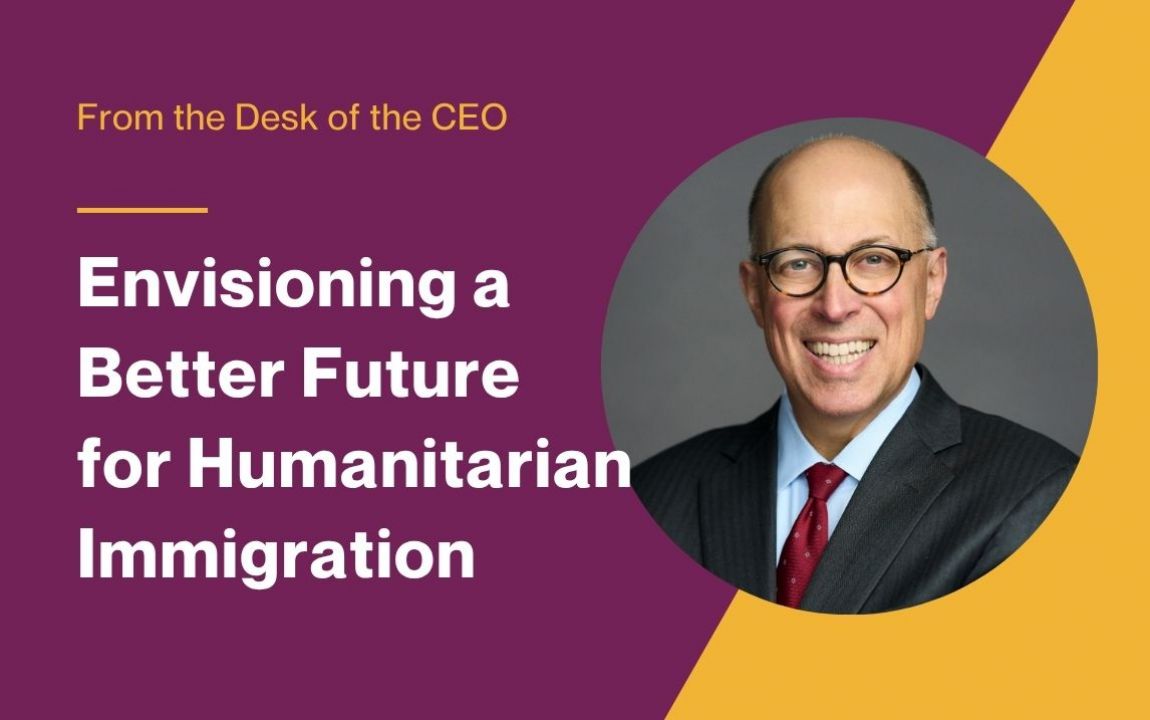
From the Desk of the CEO: Envisioning a Better Future for Humanitarian Immigration
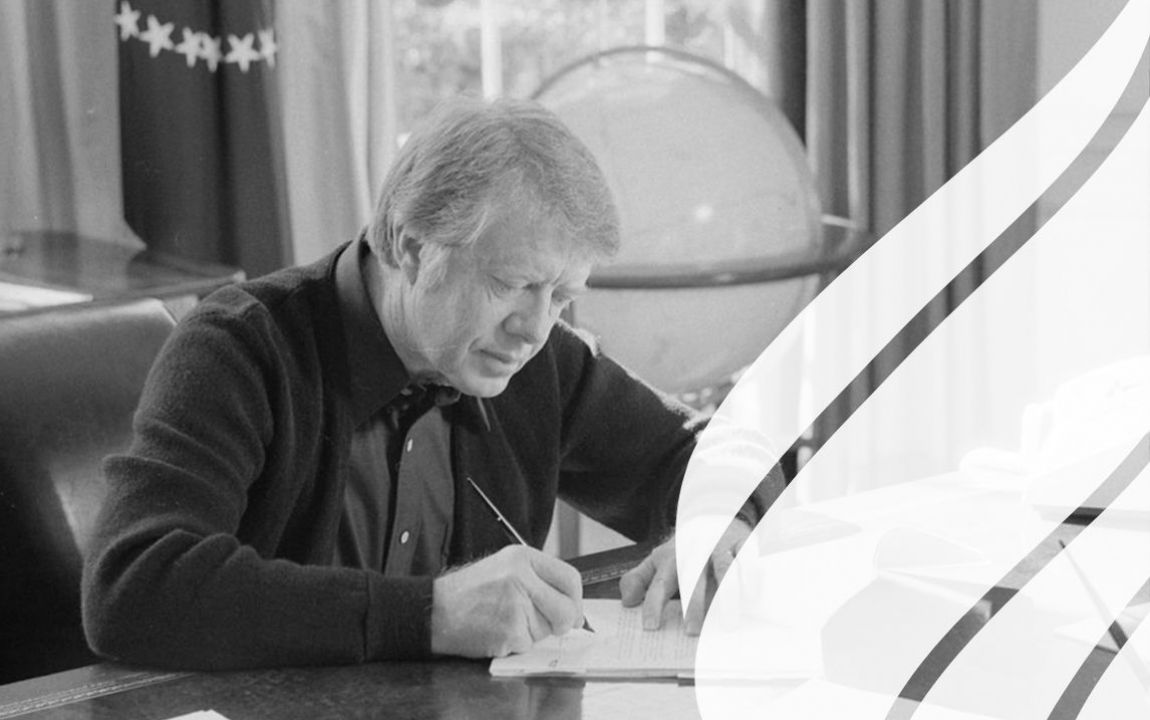
5 Things to Know About the Refugee Act of 1980
